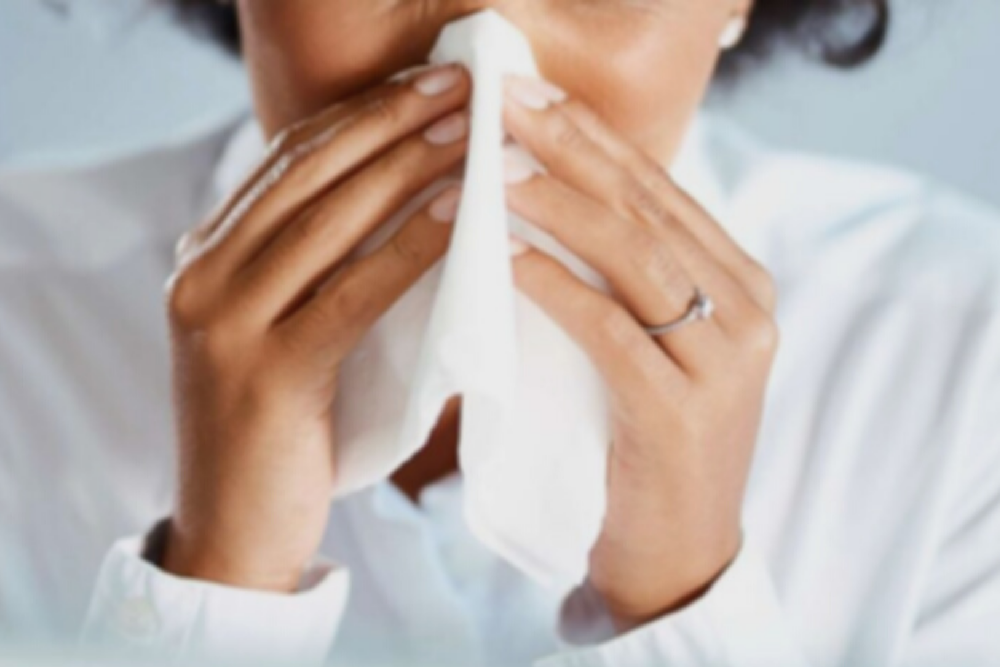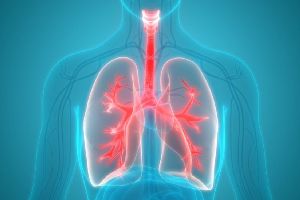
Nasal Allergies and Irritants
Author: Adriane Gianlupi, MD
Nasal allergies, also called allergic rhinitis, are extremely common and may cause significant disruption in our daily life. They are caused by exposure to an allergen or irritant when we breath them causing inflammation of the upper respiratory tract (nose, eyes, ears, throat). They also can exacerbate or trigger other diseases such as asthma, sinus infections, nasal polyps, eye inflammation and or irritation, and ear infections.
Common signs and symptoms are:
- Runny nose with clear, watery discharge
- Frequent sneezing
- Narrowing and congestion of nasal passages
- Postnasal drip causing need for frequent clearing of throat
- Facial pain and/or pressure
- Swelling and redness of the eyes
- Itchy nose, eyes, ears, and throat
- Sore throat and hoarse voice
- Plugged ears
- Fatigue or tiredness
Types of Nasal Allergies:
- Seasonal: causes symptoms only at certain times of the year such spring or fall.
- Perennial allergies: causes symptoms all year.
- Episodic allergies: only cause intermittent symptoms due to exposure to a specific allergen or irritant from time to time such as when you visit a house of a pet owner.
Diagnosis:
- Health history including exposures at home, work, hobbies, and pets.
- Skin test
- Blood test
Treatment:
Once you know your allergens or triggers, the first step in the treatment plan is avoiding exposures to them.
Common allergens are:
- Pollen, grasses, trees
- Dust mites
- Animals, especially pets with fur or feathers
- Mold
Common irritants or triggers (they do not caused allergies, but they can worsen symptoms):
- Tobacco smoke
- Car exhaust and air pollution (smog)
- Smoke from wood burning stoves, fireplaces, fie pits
- Perfumes, scents, candles
- Strong cleaning products
Medications including prescription and over the counter are available to treat symptoms and the underlying inflammation.
Types of Medications are:
- Saline sprays and nasal irrigations
- Antihistamines such as loratadine, cetirizine, and fexofenadine
- Corticosteroids (anti-inflammatories) such as fluticasone, budesonide, mometasone, beclomethasone, triamcinolone nasal sprays and rarely prednisone pills
- Montelukast
- Allergy shots when medications do not relief or treat your symptoms
Nasal allergies or allergic rhinitis can disrupt your life. But you can keep your symptoms under control. Work with a doctor/provider to develop the best treatment plan for you. Different specialty doctors such as Allergists, Pulmonologist, ENT, and Primary care providers can treat your symptoms. This plan can help control your symptoms so you can feel well and be able to enjoy your life and activities.

Related Articles

Pulmonary
Screening for Lung Cancer
It is recommended that patients with a significant history of smoking should undergo a low dose...

Pulmonary
Post Coronavirus Syndrome: Long-COVID or Long haulers
"Long-COVID", also referred to as post-acute COVID-19, chronic COVID-19, post-COVID syndrome, or...

Pulmonary
Asthma
What is Asthma? Asthma is a chronic, inflammatory disease which makes the airways in the lungs...

Dermatology
What is Melanoma?
Melanoma is a dangerous type of skin cancer with the ability to rapidly spread to other organs if...
